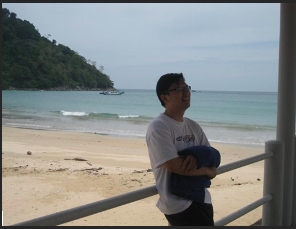Days before the official proclamation of the Philippines’ new president and vice president, public discussions on the spread of disinformation on social media influencing the outcome of the 2022 elections remain intense.
Civil society groups, universities, and anti-fake news advocates have been complaining against, some even debating, over election disinformation weeks after Filipinos cast their votes on May 9.
In support of all efforts to end disinformation on social media, the Philippines’ leading digital advertising firm, SARTiNE, has expressed its readiness to help in reducing distribution of fake news, cracking down on fake accounts, and encouraging an informed electorate moving forward.
Strengthened by the widest reach among millions of users in various online communities, particularly on Facebook, SARTiNE has the means to monitor the dissemination of altered information, can detect bogus social media accounts, and promote ways for voters to differentiate facts from fakes.
SARTiNE further recognized that despite the notoriously slow internet connection in the Philippines, there is no doubt about the power and influence of social media in the country, with about 81 per cent of Filipinos on Facebook, according to the latest data from Statista, a German company specializing in market and consumer data.
Emerging as frontrunners in the recent highly contested polls are Ferdinand Marcos Jr., a former senator, and the only son of the late strongman Ferdinand Marcos Sr. as the next president of the Philippines; and his running mate, Sara Duterte-Carpio, lawyer and outgoing city mayor and the daughter of incumbent Philippine President Rodrigo Duterte.
Though allegations linking both Marcos Jr. and Duterte-Carpio with disinformation on social media months before election day were all unproven and purely speculative, some sectors continuously question the vote of most Filipinos—a total of 31 million elected Marcos Jr. while Duterte-Carpio garnered over 31.5 million votes.
Mr. Renesar A. Deunida, chief executive officer of SARTiNE, offers a simple explanation on how social media, particularly Facebook, can catapult somebody to power, disinformation allegations proven or not.
“The last three Philippine elections in 2016, 2019, and 2022, have clearly proven how social media became a big part of the election system and, true enough, that social media can make one a Philippine president, just like what happened in 2016 (Duterte) and in 2022 (Marcos Jr.),” Deunida said.








Comments are closed.